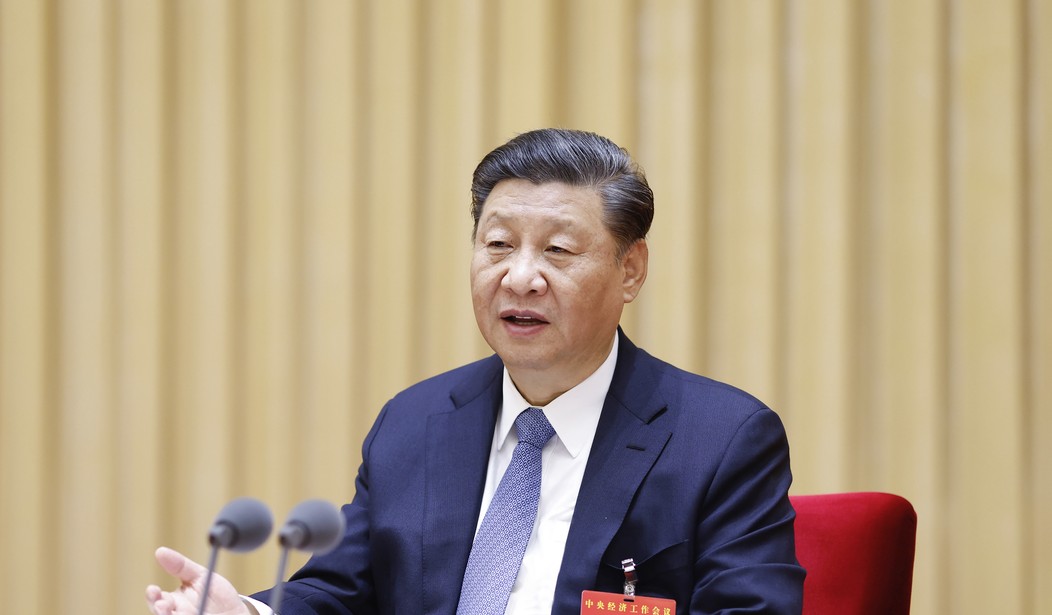In 2018, Canadian Mounties arrested Meng Wanzou, CFO of Chinese telecoms giant Huawei, on an American warrant. Meng has since been indicted by the U.S. Department of Justice for stealing trade secrets, and she is stuck in Vancouver while the U.S., Canada, and China stare each other down over extradition proceedings.
Her prominence in China’s largest “privately owned” company, and the fact that she’s the daughter of People’s Liberation Army grandee, Huawei founder, and multibillionaire Ren Zhengfei, made her detention a source of embarrassment and rage for Beijing. The Chinese Communist Party lashed out by arresting two Canadian citizens, Michael Kovrig and Michael Spavor, on manufactured “espionage” charges. Their show trials are set to begin any day.
They are but the latest victims of the CCP’s “hostage diplomacy”, a smashmouth, cynical strategy that treats people as leverage in a scheme by one of the world’s most brutal—and thin-skinned—regimes to protect its state enterprises and save face.
Nobody can seriously doubt that the two Michaels sit in a Chinese gulag as bargaining chips to secure the release of Meng—whose swankier imprisonment is in one of her homes in Vancouver, with a 24-hour security detail and an ankle monitor.
Prisoner exchanges are one of the oldest forms of diplomacy, and they’ve been used in recent years in parleys with truly awful regimes from Tehran to Pyongyang. But there are legitimate questions over whether the U.S. and Canada should reward the CCP’s outrageous behavior by putting Meng on the table for Kovrig and Spavor. Critics warn it would set a bad precedent and mix politics with what is rightly a matter of criminal justice.
Recommended
Allow me to humbly suggest a resolution: Go for a bigger deal. Yes, the two Michaels should be released as a condition of any further negotiations with China over Meng. They should be released in any event—since the Xi’s government has yet to show a shred of evidence in support of the charges against them. But the West should also hold out for the release of real prisoners of consciences—people whose only crime is advocating for liberal values and basic dignity.
I’m talking about the democracy advocates of Hong Kong—eleven of which are currently sitting in maximum security prison for violating the CCP’s arbitrary and authoritarian “national security law”—itself a violation of China’s promises to respect Hong Kong’s unique legacy. Among the imprisoned dissidents are Agnes Chow and Joshua Wong, young people who represent the best hope for liberal values and human dignity under Beijing’s yoke.
The reality is that Meng is a big chess piece, and in purely instrumental terms is worth more to Beijing than the two Canadian citizens. Forcing the regime to go far beyond a two-for-one swap recognizes this reality. Including legitimate prisoners of conscience in such a deal would also show that the West is interested in substantial ends, instead of incentivizing thuggery that treats foreign nationals as human shields. And focusing on leading advocates of democracy in Hong Kong in exchange for a larcenous plutocrat sends a signal to the world that the West isn’t going to turn its back on its own values.
Leaders in the West, and especially the United States, need to recognize that under Xi, China’s objective is to crush all dissent at home and abroad. That’s evident in Hong Kong, in Tibet, in Inner Mongolia, and in the Uyghur lands of Xinjiang. But it’s also evident in Taipei, in Seoul, in Canberra, and even in the board rooms of Silicon Valley and the studio offices of Hollywood, where China uses its immense economic power to strongarm critics into silence, effectively coopting the West’s institutions into one of the largest propaganda campaigns the world has ever known.
Enough is enough. The CCP is too big to ignore, but the free world has no excuse for capitulation or appeasement. The stakes are too high. Securing the release of the Hong Kong 11 is one small way we can start pushing back. A beginning, but by no means an end.

























Join the conversation as a VIP Member